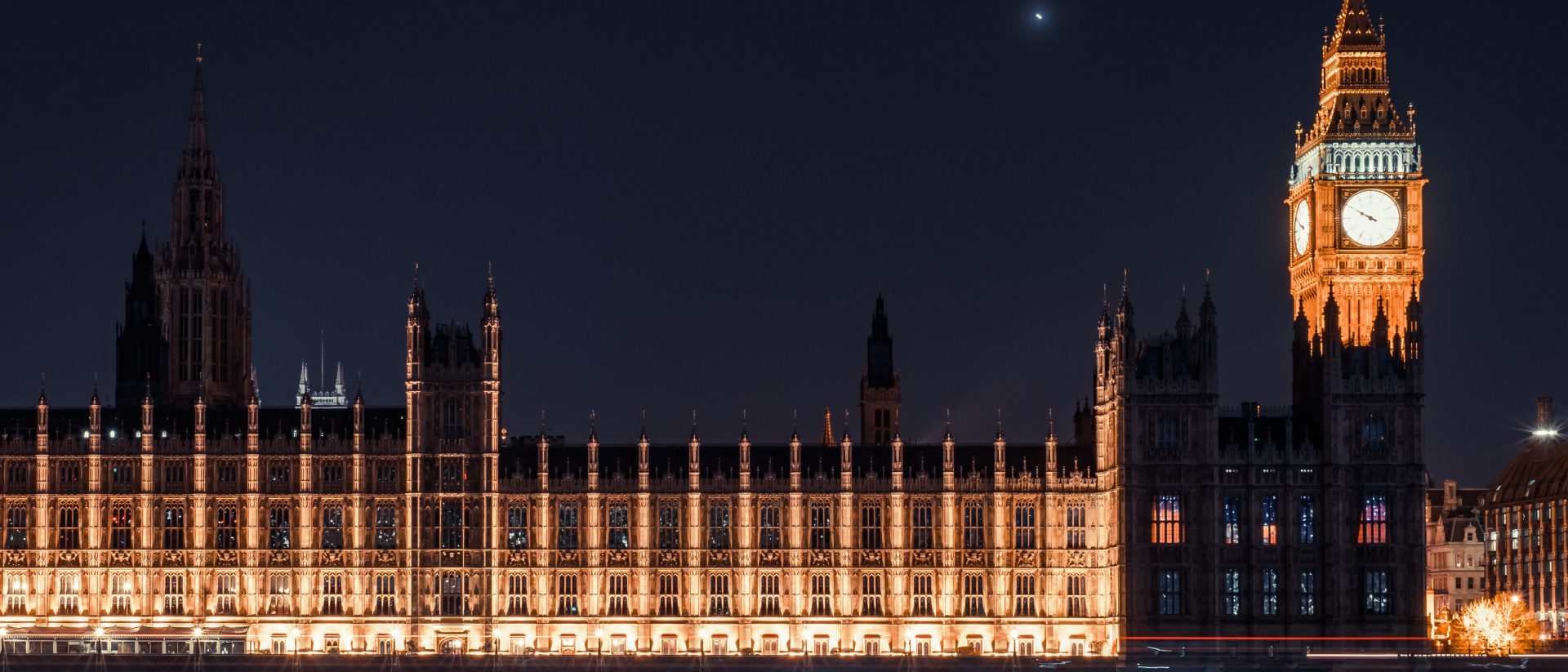- REA responds to the announcement of Rishi Sunak as the next UK Prime Minister;
- Recent political uncertainty has posed a threat to the deployment of renewables and clean technologies that can help achieve the overall goal of reaching Net Zero emissions by 2050;
- The REA calls on Sunak to prioritise achieving net zero as part of his mission to tackle the UK’s “profound economic crisis.”
The Association for Renewable Energy and Clean Technology (REA) has responded to the announcement that Rishi Sunak is the new leader of the Conservative Party, and the next UK Prime Minister.
In his first public comment since the announcement, Sunak highlighted the “huge economic challenge” that the UK currently faces, and the REA stresses that Net Zero must unambiguously be at the heart of economic growth plans and tackling the energy crisis.
The REA calls for further clarity in the coming days regarding plans to achieve Net Zero and mitigate the energy crisis, and looks forward to working alongside the new Prime Minister to achieve this.
Dr Nina Skorupska CBE, Chief Executive of the Association for Renewable Energy and Clean Technology (REA), said:
“We congratulate Rishi Sunak and look forward to working with him to make sure that Net Zero is at the heart of the Government’s economic growth plans and tackling the energy crisis.
“As we have repeatedly warned over the last few months of political uncertainty, holding back investment for renewable energy projects will simply store up problems for the future, and save relatively little in the short-term. This includes recognising how renewables, like solar, can benefit and work in conjunction with other land uses including agriculture.
“To deliver an energy future that is independent, secure and stable, we undoubtedly need to accelerate renewable energy deployment. That is how we solve this crisis.
“Rishi Sunak must now set out how his administration will further the deployment of renewables and clean technology in order to deliver lower energy prices and Net Zero carbon emissions.”
—ENDS—

